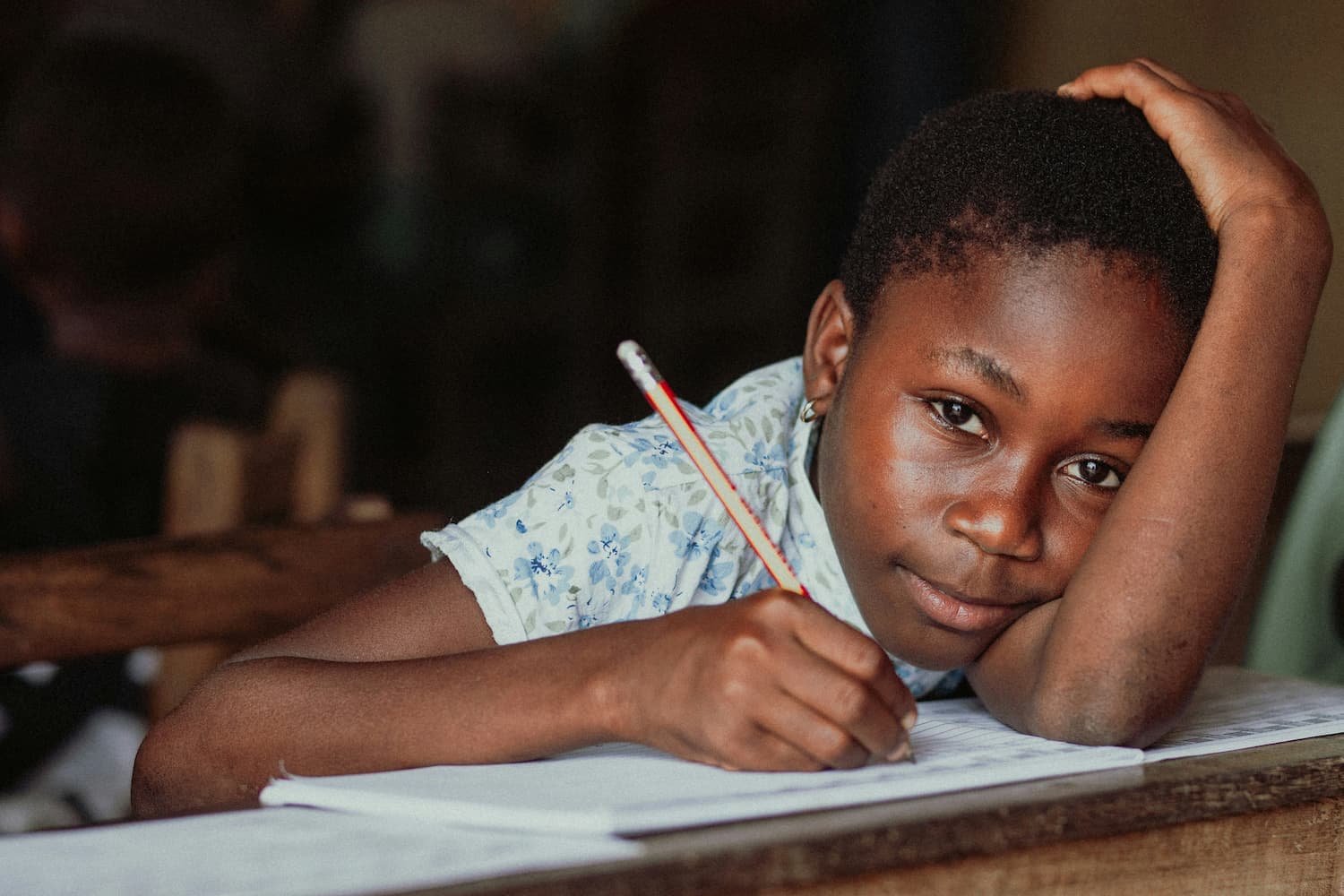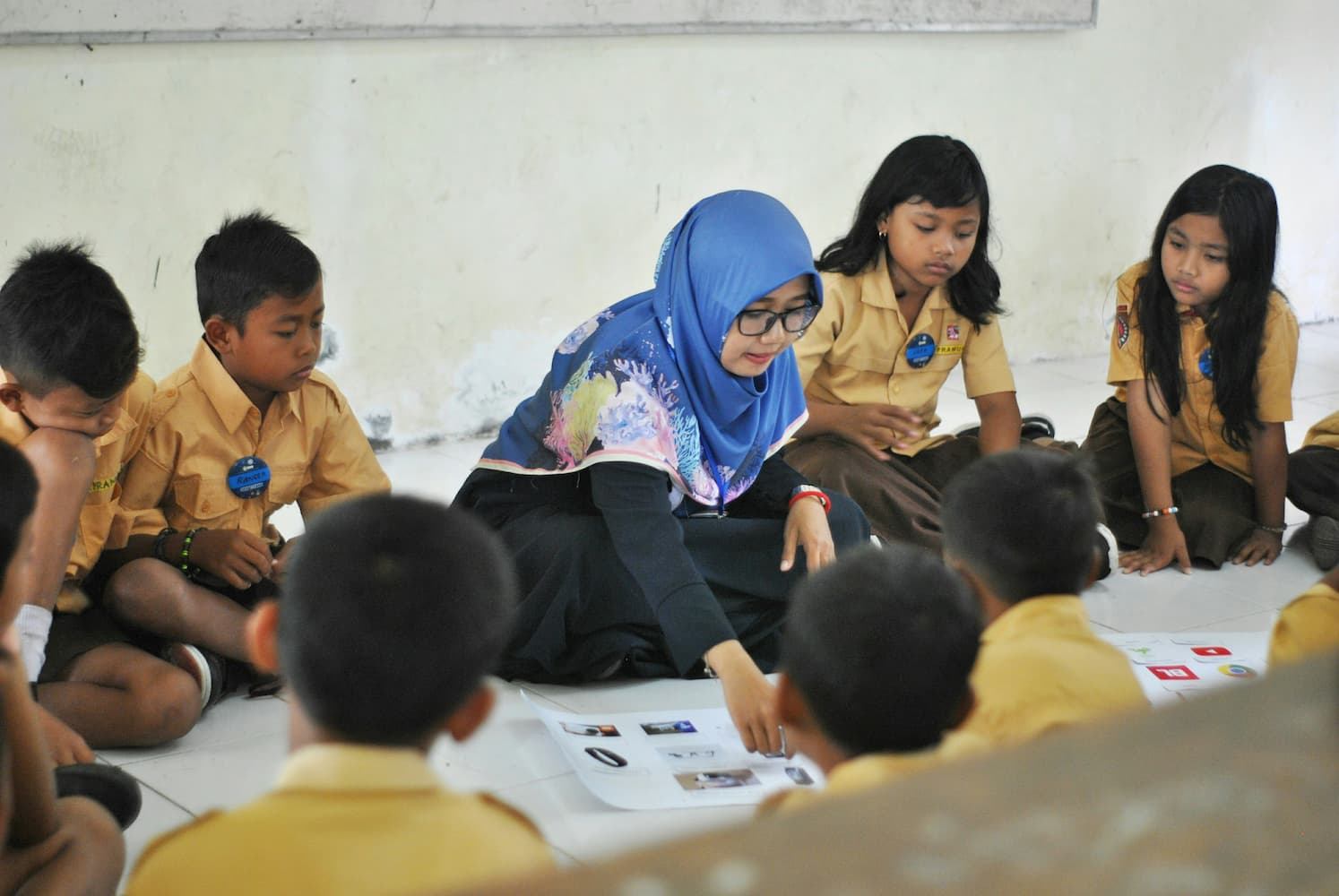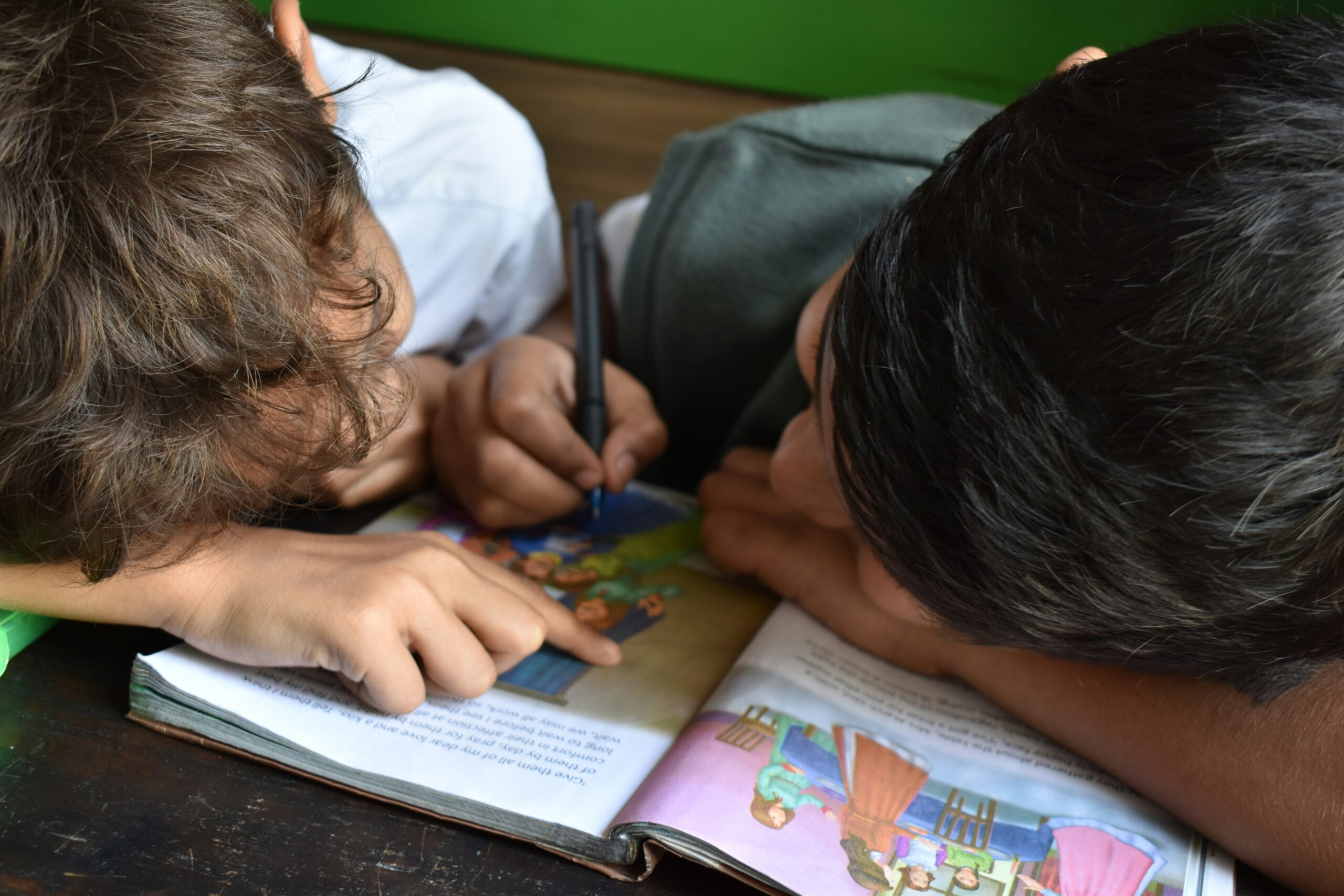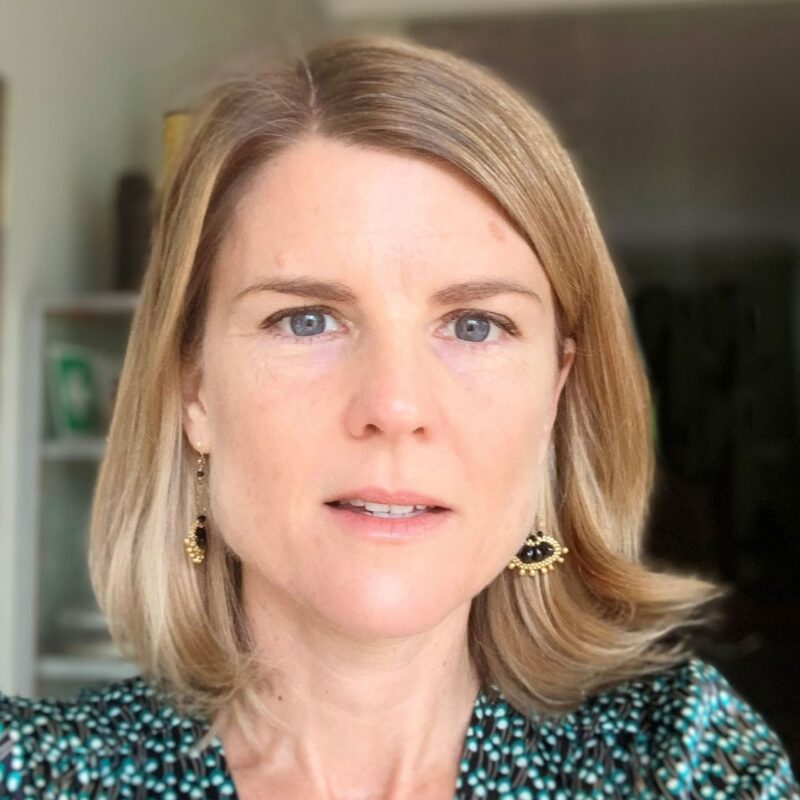When USAID terminated its education programmes in early 2025, it also removed public access to a rich collection of data on global learning outcomes – putting at risk two decades of work and hundreds of datasets. These datasets, critical to researchers, implementers and most importantly, decision-makers in each country, were nearly lost. In June 2025, a data sharing agreement between USAID and the University of Michigan’s Inter-university Consortium for Political and Social Research (ICPSR), allowed these data to be publicly available through the DataLumos platform.
2,500 files from 109 education projects across 43 countries and 20 years were saved
These datasets and their associated files, including instruments, reports and codebooks, were publicly available on USAID’s Data Development Library (DDL) website until early March 2025 when the site went dark. Our endeavour benefited from insider knowledge of USAID’s processes and contracts, initiative from data champions within USAID (at the time) and the research data community, and the continued demand for answers across the sector.
The key ingredient to saving the data? Persistence. From navigating internal processes at USAID (and State Department) at a time when reductions in force and changes in leadership were unpredictable, to finding a trusted, vetted home for federal data – persistence was key.
Getting a data sharing agreement in place in July 2025 between USAID and the University of Michigan’s Inter-university Consortium for Political and Social Research (ICPSR) was just the first step to make the data publicly available again. With the agreement in place, copies of USAID education data were securely transferred to ICPSR.
Next, we needed to sort the files and upload them into ICPSR’s platform for at-risk government data, DataLumos. The DDL files had been organised by contract or task order (or more often referred to as ‘projects’), but as we grappled with how best to organise these resources for future users, we realised this framework may be less relevant going forward. We also knew that organising data files by a project timeline – such as baseline, midline and endline – or by components of an activity – such as data from a parent engagement activity conducted by one implementing organisation separately from the classroom interventions conducted by another organisation – may require additional information that many external users may not readily have access to.
So, we grouped and reorganised the files by country and within country, by projects. Projects contain all data files relevant to that USAID award. We used projects as the organising structure because this format is predictable. Within projects, we allowed variability in file structures, as many file names and formats differed depending on the submitting organisation’s conventions. A combination of automated and human checking was required to identify data files, codebooks, instruments, and reports.
Once files were sorted, we partnered with the team at Research Data Access and Preservation (RDAP) and ICPSR, to host a hackathon in early August. Invitations were circulated via listservs and social media, inviting the public to join a 90-minute session to help tag datasets and craft summary language for each dataset and country-level collection. Over 110 volunteers helped review data files, match them to project descriptions, and prepare folders to upload into the DataLumos platform.
For each country, the volunteers helped develop a file that describes the project, characteristics of the sample, languages, and assessments (whether the dataset includes an early grade reading or math assessment (EGRA or EGMA), surveys or other instruments).
Finally, the DataFirst and ICPSR teams continue to work tirelessly to make all of the USAID education data collection available on the DataLumos platform. As of October 3, 2025, all the data shared by USAID directly with ICPSR has been uploaded to the platform.
How do I access the data?
There are currently two ways to get to the data:
- Go to the DataLumos platform and create a free account. Browse by Government Agency and select ‘United States Agency for International Development.’ Within the country folders, we have added an Excel file with metadata such as languages, assessment tools, sampling information and more.
- Access the data via the map below. The country links will take you to the DataLumos platform, where you will still need to create a (free) account to access the files.
What next?
We ask you to add to the USAID education data collection
We know there are more datasets out there! If you know of data that is missing from the DataLumos repository, you can contribute data yourself.
What allows all organisations and individuals who collected education data with USAID funds to now share data with ICPSR?
- At the time of the Data Sharing Agreement execution in July, USAID legal staff confirmed that there is language embedded in every agreement that allows the implementing partner who collected the data to share it for public use. This falls under intangible property, under 2 CFR 200.315.
- USAID’s data sharing agreement with ICPSR states the following: sublicense shall provide any and all rights to Recipient to archive and make available to others the Data, including, but not limited to, the rights to use, disclose, reproduce, prepare derivative works, distribute copies to the public, and perform publicly and display publicly, in any manner and for any purpose whatsoever, and to have or permit others to do so, in accordance the terms of this Agreement. Recipient agrees that all Data will be archived and provided to third parties with a license that requires attribution to USAID, as provided in the meta data.
What does this all mean for you? It means that if you have USAID-funded education data, and it’s not already in the DataLumos platform, you can share it because a) 2 CFR 200.315 allows you to do so under your sublicense (the federal agency also retains its own licensing rights) and b) the data sharing agreement sublicenses all USAID data to ICPSR with all rights, with attribution to USAID.
Not sure what to do with your in-process datasets? We are seeking funding for a pool of consultants to strip datasets of Personally Identifiable Information (PII) and create a standardised Public Use File (PUF) version for (as the name indicates) public use. If you already have a PUF but had not uploaded to the DDL, you can upload the PUF (along with codebooks, reports and instruments) to the DataLumos site.
You can also reach out to us if you have questions before you upload or if you would prefer to transfer the files to us to process and upload. We are happy to have a call to share additional lessons. Contact us at usaideducationdata@gmail.com.
Please use and encourage others to use the USAID education data collection
Help us get the word out. There are 1,000 dissertations worth of evidence in these datasets, and we want the world to see what can be done when we share evidence. We can’t wait to see what this community will do with these datasets.
Help us improve the USAID education data collection
Let’s take advantage of this moment to set ourselves up for the future. We know that the collection has significant gaps – at times you’ll find a dataset but not the instruments or item quality information; you may find a short discussion of the sample but the sampling procedures aren’t documented thoroughly. We are hoping that cleaner, harmonised, streamlined versions of datasets will emerge from the community. As you find yourself curating a collection of datasets, please share them back with DataLumos for the future us to build on.
We have certainly learned the value of redundancy (having data saved and publicly available in multiple places), and we’re looking at the models used by the health sector to standardise processes for posting and embedding the requirements for public use data. Help us improve what we can in this collection by adding what you may have and let’s together create better data management and storage processes in the future.
When you know better, you do better (thanks, Maya Angelou, we know you were thinking about data when you said that).
Oh, and we’re still working on saving USAID Teaching and Learning Materials. The Early Learning Resource Network (ELRN) will be uploading openly licensed books created with USAID funding to make these available for printing and reuse. We will share more about how and why we make these resources openly available. Reach out to the ELRN team if you want to share your resources with a global audience: info@earlylearningresourcenetwork.org.






